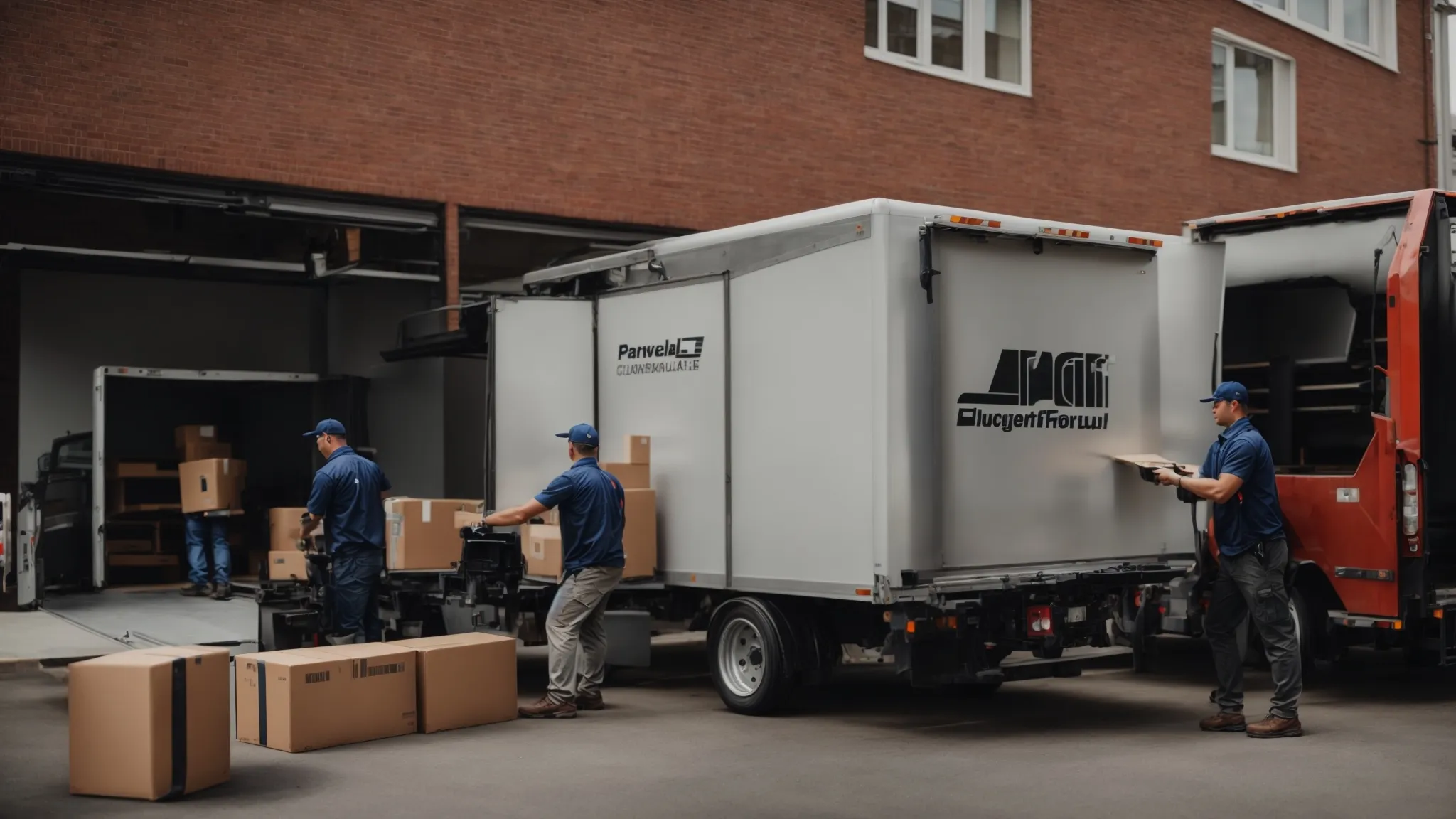When you picture a conveyor belt, chances are you’re imagining it as being in a large factory somewhere in the United States, filled with packages and pallets, moving goods from one end to the other. While this type of conveyor system is incredibly popular, it’s not the only kind that exists. On top of that, within a factory setting, there is more than one kind of conveyor at work.
From roller conveyors that carry packages to and fro, to belt conveyors that are often used for sensitive material handling, there are a few things to know about the different types of belts and why they’re used.
Flat Belt Conveyors
A flat belt conveyor is probably what you imagine when you’re thinking of an industrial conveyor. They’re widely used and they’re more versatile than other conveyor systems. These conveyors systems run smoothly to prevent the accumulation of products on assembly lines. Flat belts are often crafted with synthetic fabric that can withstand a fair amount of wear and tear. However, since many of these conveyors are on a continuous loop, if one piece breaks, the whole system needs to be replaced. It can be costly for many material handling businesses but it can still also be a worthy investment.
Roller Conveyors
Roller top belts and chain conveyors are frequently used in place of your standard industrial conveyor when sensitive material handling is involved. Think of the beverage industry, for instance. Alcoholic beverages like beer and wine are incredibly sensitive. While certain alcoholic drinks can be manufactured in a cost-effective way, they are packaged and shipped in bulk.
If a large amount of alcohol is damaged on a conveyor, it could tank an alcoholic beverage distributor. Of course, there are other sensitive products outside of alcoholic beverages but most people can imagine how devastating it would be to watch a throughput full of whiskey or brandy crash out of its container and to the ground, due to a faulty conveyor.
Modular Belt Conveyors
As opposed to a continuous loop, a modular conveyor uses interlocked segments. While it doesn’t have the most reliable when it comes to inclines and declines, it is useful to provide very easy access for assembly lines. Modular conveyors can handle curves with ease. On top of this, instead of synthetic materials, modular components are typically made with hard plastic. It’s easier to wash and is more resilient to damages from sharp objects. Plus, since you can replace individual segments, it’s preferred by a number of conveyor manufacturers in North America and can handle cartons of a product with no problems.
Sanitary Conveyors
In food processing businesses such as the animal feed industry or in pharmaceuticals, sterilization is important. This is also important for businesses that need to maintain FDA compliance. It’s understandable that these washdown processes are fairly severe. The end result is a conveyor that needs to be able to withstand harsh, continual sanitization processes. Finding FDA-approved belting is critical for various businesses. If you’re especially concerned about sanitation, there are certain belts that possess microbial properties which can help mitigate germs and bacteria.
Beyond this, many retail patrons rely on pulley systems, curved belts, and even specialty conveyors. These even include backlit belts, that are the ideal choice for businesses that need to conduct frequent safety and quality inspections. Specialty belting often depends based on your specific needs and many manufacturers can craft solid products that can match your specifications. It’s a good idea to consult with an industrial conveyor manufacturer to learn more about the various options that are available.
Whether you’re an up-and-coming New York manufacturing business or you need to transport fermentation drums and tubes across your facility, there are conveyor options that are available to you.


